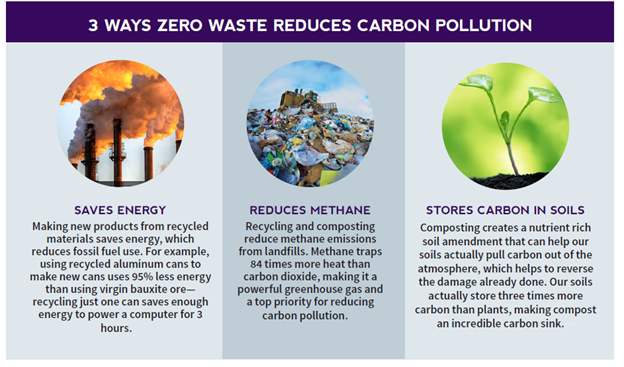Zero Waste Technologies: Reducing Carbon Footprints

About Course
Zero Waste Technologies: Reducing Carbon Footprints takes students on a dynamic journey into one of the most critical challenges and solutions of our time—managing waste to combat climate change. As environmental threats escalate, the need for sustainable practices has never been more urgent. This course empowers students with practical knowledge of zero waste strategies, the science of carbon footprint reduction, and the latest technological innovations transforming waste into valuable resources.
Through real-world case studies, students will explore how cities, businesses, and communities are turning trash into triumph—adopting circular economies, renewable solutions, and cutting-edge waste treatment technologies. Whether you are a budding environmentalist, an industry professional, or simply concerned about our planet’s future, this course offers a compelling blueprint for change. Be ready to discover how you, too, can become a catalyst for a cleaner, greener world.
Course Content
Introduction
Definition of zero waste and carbon footprint reduction
00:00Importance of zero waste technologies in mitigating climate change
00:00